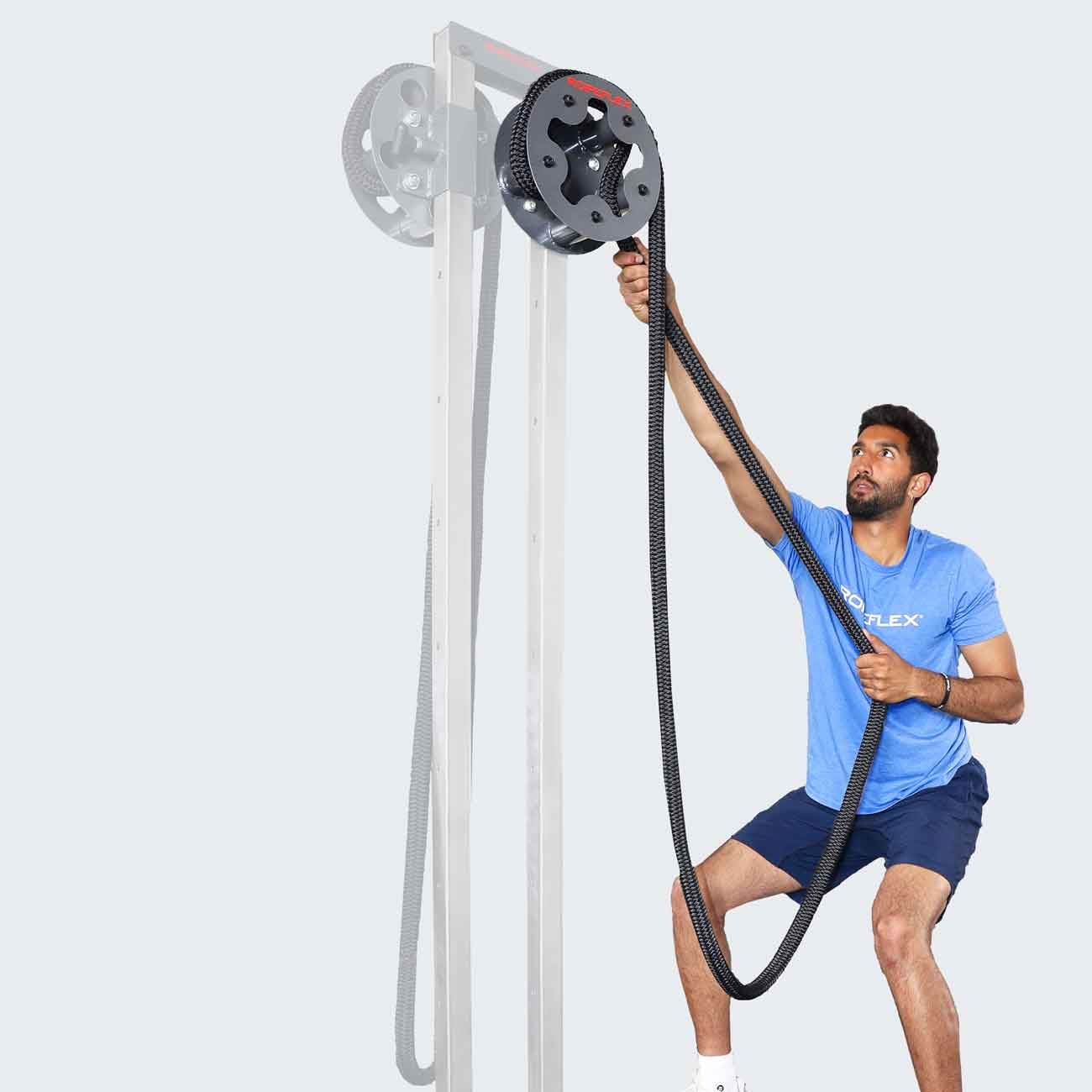GRIP STRENGTH AND HEART DISEASE
Grip strength helps in determining a person’s risk of heart attack, stroke or death from cardiovascular disease.
Researchers measured the grip strength of around 140,000 adults as part of the PURE (Prospective Urban and Rural Epidemiological) study in 17 countries. Their health was recorded for an average of four years and their grip strength was measured using a device called a dynamometer.
An individual’s muscle mass declines with age – typically, after the age of 30. In this study, an 11 pound drop in grip strength was marked as a 16 percent higher risk of dying from any cause. In addition, it was also linked to a 17 percent risk of dying from heart disease, 7 percent higher risk of heart attack and 9 percent higher risk of stroke.
The connection between hand strength and cardiovascular disease was strong even after other contributing factors to heart disease and death such as exercise, smoking, age and other factors were adjusted. However, grip strength was better than blood pressure at predicting cardiovascular disease or death.
Note that a person’s age in number of years can differ from his or her biological age, which indicates how the body is functioning and its health. Your physical fitness, muscle strength and current medical conditions can affect your biological age.
According to the PURE study, your grip strength could be a good indicator of your biological age.
Findings suggested that week grip strength may be linked to increased risk of cancer, type 2 diabetes and other diseases. Since a person is at greater risk of developing a chronic condition, the chances or him or her dying elevates too. However, having good grip strength could be linked to lower risk of chronic disease and early death.
How to build muscle strength

